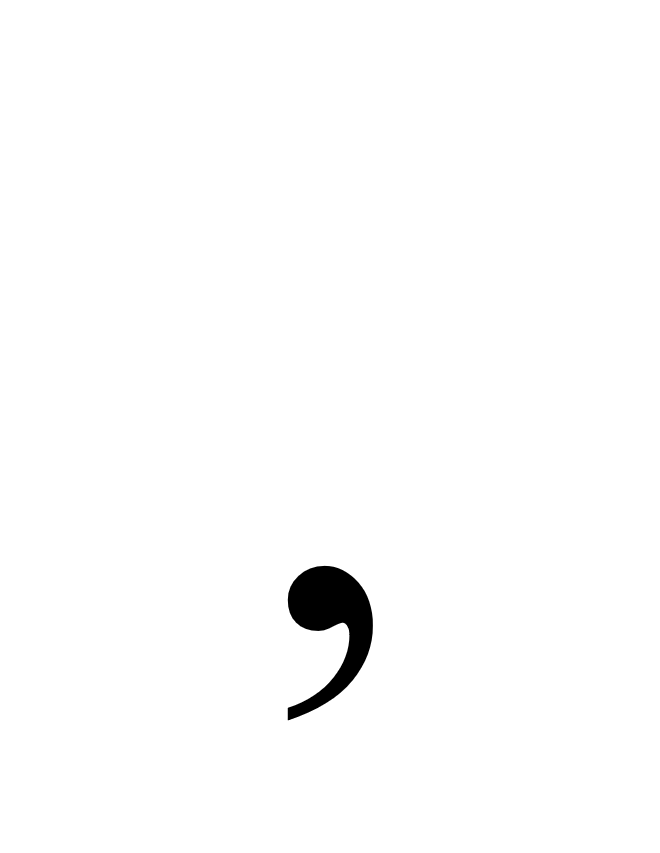
I quite enjoy reading and writing the English language. Some parts of English are more fun than others, of course; I always prefer to read a good novel rather than take part in a grammar lesson. My friends have called me an “honorary member of the grammar SWAT team”. I contend that grammar is irrelevant if one is not involved in the writing of an academic or journalistic document.
However, there is one place in English where improper grammar sends me into a rage. This is when someone elects not to use the Oxford comma.
Some explanation is necessary for those who are unfamiliar with the Oxford comma. The Oxford comma, also known as a serial comma, is the comma before the final item in a list of three or more items. For example, in the phrase “lions, tigers, and bears” (oh my!), the Oxford comma is the one that comes after the word ‘tigers’. This comma may not seem like a lot, but its use is critical.
Unfortunately for all lovers of the Oxford comma, the Hilltop Monitor’s copy editor is required to edit in strict compliance with the Associated Press (AP) style. AP style does not include the Oxford comma. This is an outrage! When used properly, the Oxford comma makes writing clearer, cheaper and easier to read.
A simple example suffices to prove the necessity of the Oxford comma. Take the following sentence about inviting one’s children to a party:
“I invited John’s children, George Washington and Abraham Lincoln to the party”
The English language uses a comma to offset appositives—words that further describe or clarify a subject. This makes the above sentence ambiguous. Are Washington and Lincoln the names of John’s children, or separate invitees altogether? I think John would know, but anyone else is clueless. The sentence is not clear. This matters very much, as the side dish I would bring to such a party depends on whether the guest list includes presidents.
Compare this with the alternative:
“I invited John’s children, George Washington, and Abraham Lincoln to the party”
In this example, it’s very clear who is invited to the party, and I will be able to spend my Friday night with John’s children and two dead U.S. presidents—or whoever else shows up. See? It’s so much better, and I know what type of occasion I will be attending.
The Oxford comma can also save you money. In 2014, five Maine commercial drivers filed a lawsuit against their employer for unpaid overtime. The dairy company hadn’t been paying the drivers overtime, pointing to a Maine law. The law exempted workers who were involved in “[t]he canning, processing, preserving, freezing, drying, marketing, storing, packing for shipment or distribution of [perishable goods]” from overtime pay. Careful rereading of this statute identifies an ambiguity: is “packing for shipment or distribution” one item? Or, are “packing for shipment” and “distribution” two separate things? The company settled for five million dollars.
The moral of the story? Include your commas, folks. They save lives, money and time.
